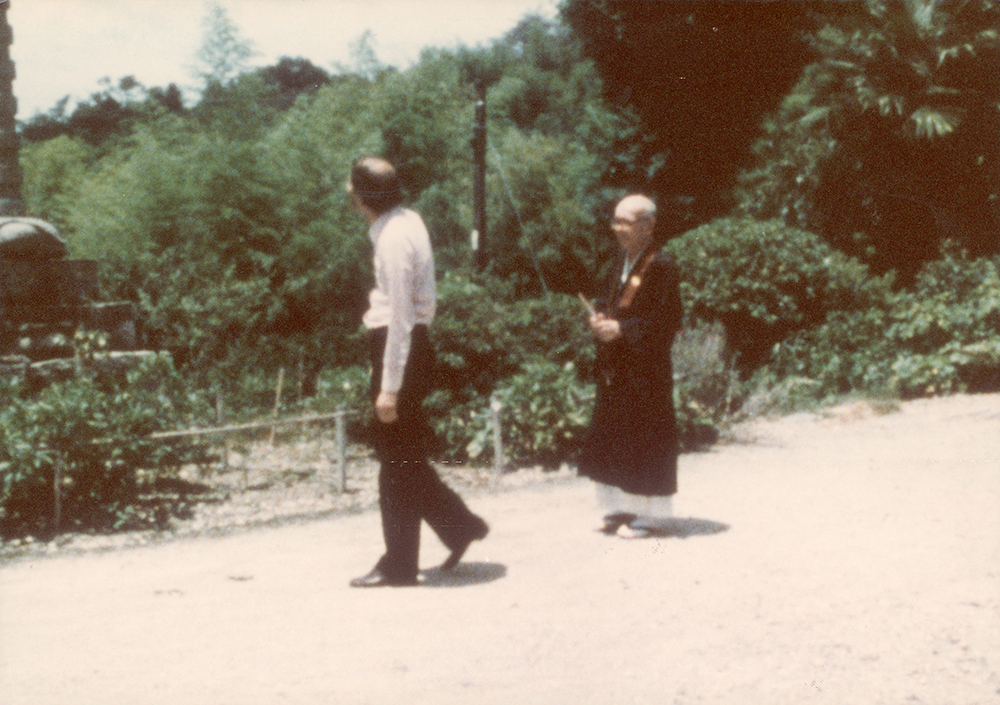03: Paulo Rocha
“Two of the most beautiful films of the ‘80s on Japan are shot by Paulo Rocha. A Ilha Dos Amores and A Ilha de Moraes are long studies-tributes to the life of Wenceslau de Moraes, the Portuguese poet who loved Japan where he spent most of his life. [...] These films, born after a preparation of over a decade, are the extraordinary result of a double love of their author, both for Moraes and for Japan (and already in the title there is the game of the anagram Moraes-Amores), with Rocha who ends up identifying with the character he studied, chasing the same ghosts, the two loves Oyone and Koharu, lost by the poet. ‘And have you ever met Koharu?’ An old Japanese man who had met Moraes asks him. It’s the last scene in the movie, and Rocha seems ready to remain on the Island of Love too.” — Marco Giusti
